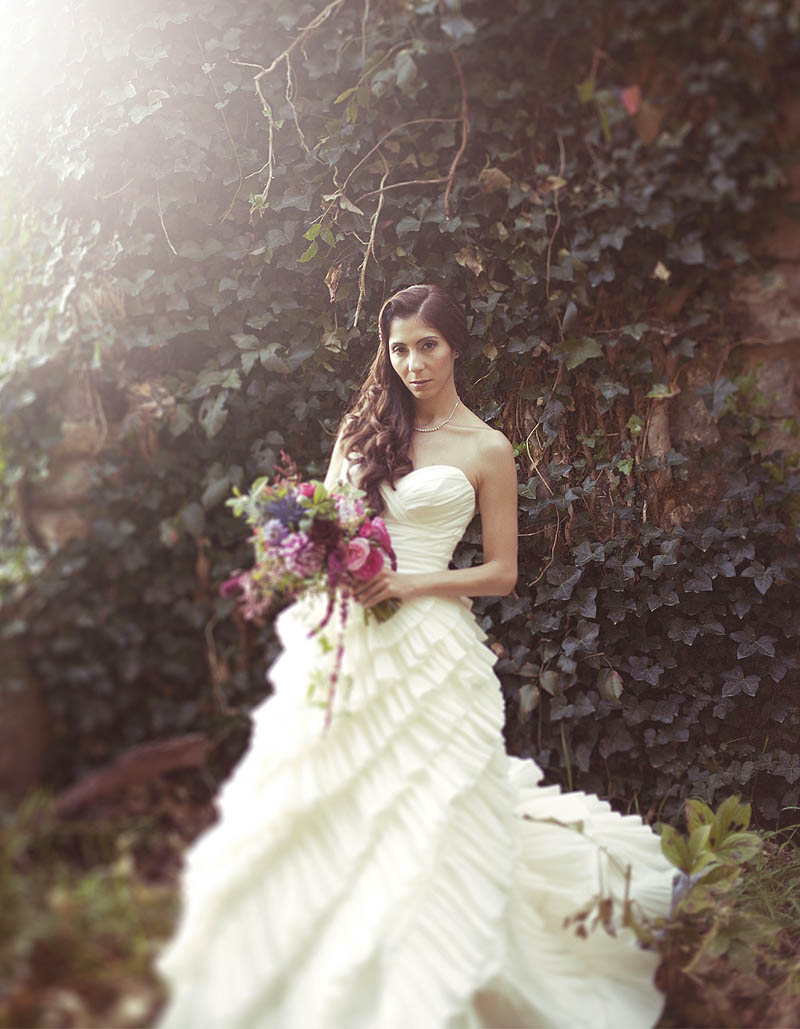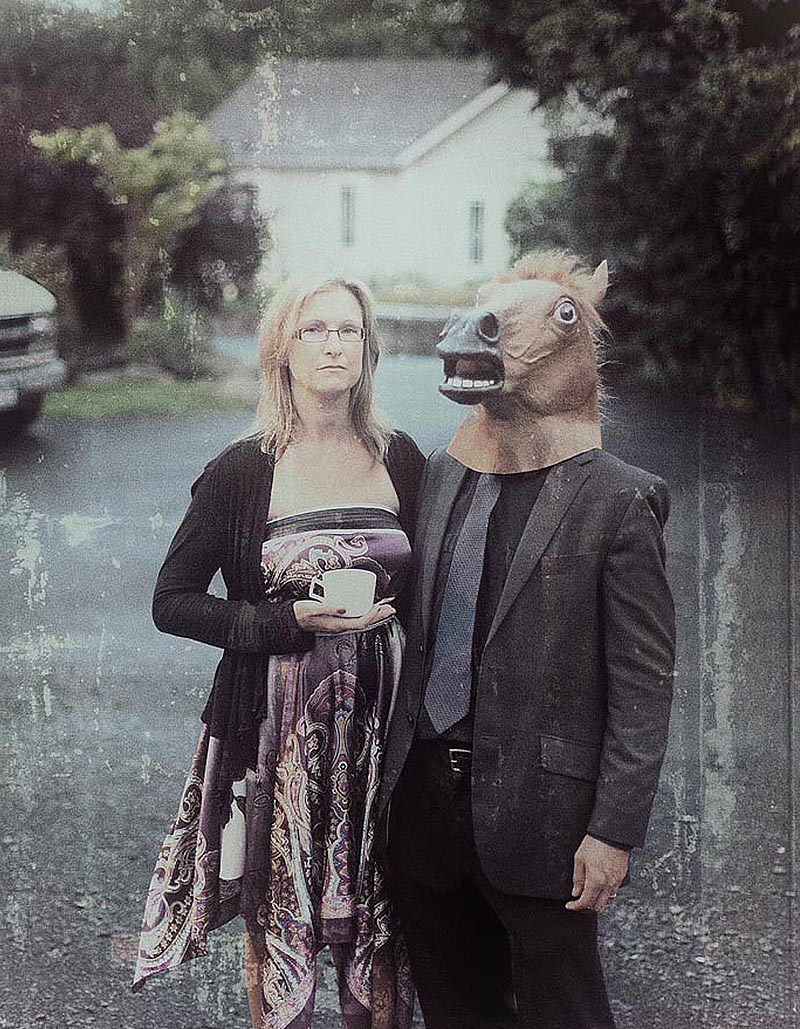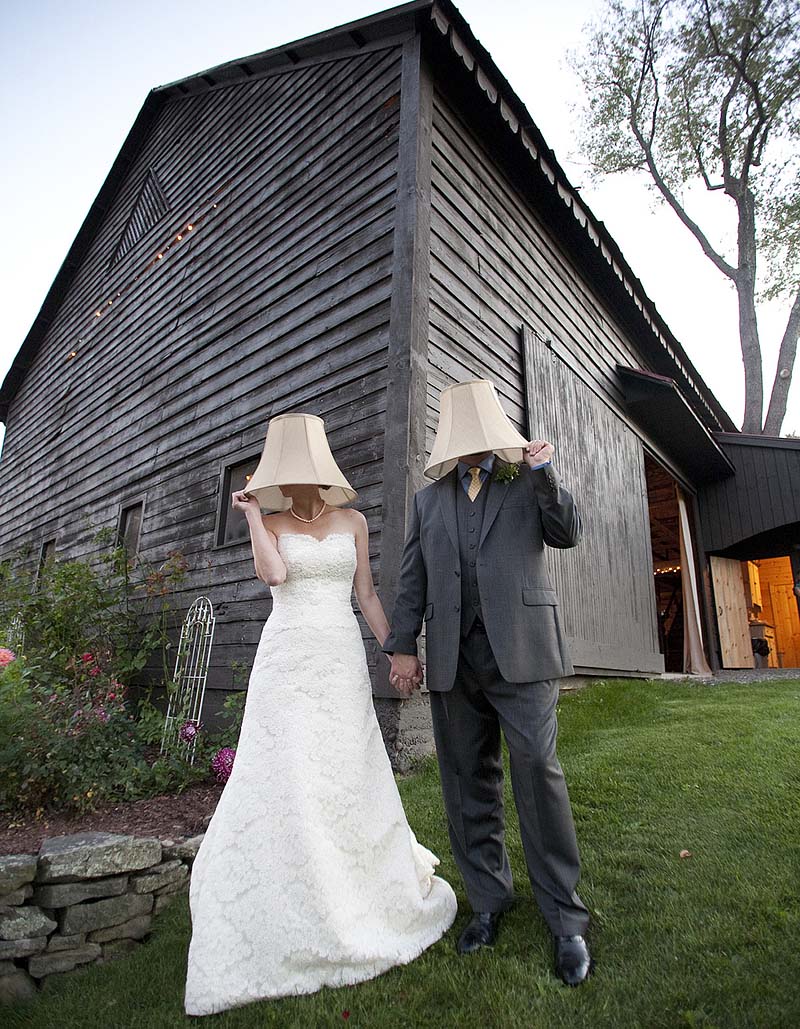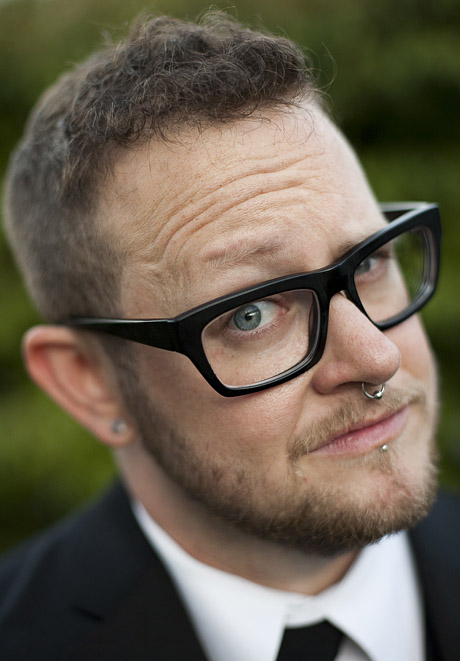
“Client As the Interrogator” Is a Broken Model
I just read that article on “questions couples should ask their photographer before booking” from Brides and — not to be rude — I think the tone is backwards.
Why I Think That Approach Is Flawed
1. They treat the photographer like a vendor on demand.
The article gives a long list of questions couples “must ask”—availability, insurance, backups, etc. You know the drill: Are you insured? What’s your backup plan? How many weddings have you shot? These are valid things, sure. But it frames the client as the one who must vet everything and although it’s never said outload, this sets the relationship off on a bad foundation: suspicion instead of trust.
Photography is personal. It’s built on connection, not interrogation. When you treat the photographer like a supplier, you miss what actually helps them make great images: trust, chemistry, shared understanding, collaboration. You want someone who knows how to see you — not just someone who checks your boxes.
2. It ignores that photography is a creative collaboration.
A couple asking 40 questions doesn’t guarantee success. Meanwhile, the photographer—if confident and skilled—knows what kind of client they work best with. A good professional should guide the fit, not just respond. When I talk with couples in Manhattan | Hudson Valley | Catskills | Saratoga | Upstate | OBX or anywhere in the Hudson Valley, I don’t launch into a pitch or offer you home baked cookies. I ask questions.
-
What kind of energy are you planning for your wedding day?
-
Which moments do you think you’ll care about most ten years from now?
-
How do you feel about being photographed?
-
Do you have any tear sheets or inspiration to show me?
Those answers tell me far more than a list of “what’s your editing style?” or “how long have you been in business?” ever could. They reveal who you are and what matters most to you.
If your wedding is quiet, emotional, family-centered — I’ll shoot differently than if it’s a roaring party at a winery in the Catskills. A good wedding photographer should be studying you, not just talking about themselves. That’s what professionalism looks like: curiosity, awareness, and respect for the story you’re inviting us to document.
As a wedding photographer, it means I’m not desperate to book every wedding. I’m selective — because I respect the craft, the couple, and the integrity of the story I’m being asked to tell. I’d rather walk away from a bad fit than compromise my artistic standard or sacrifice your emotions.
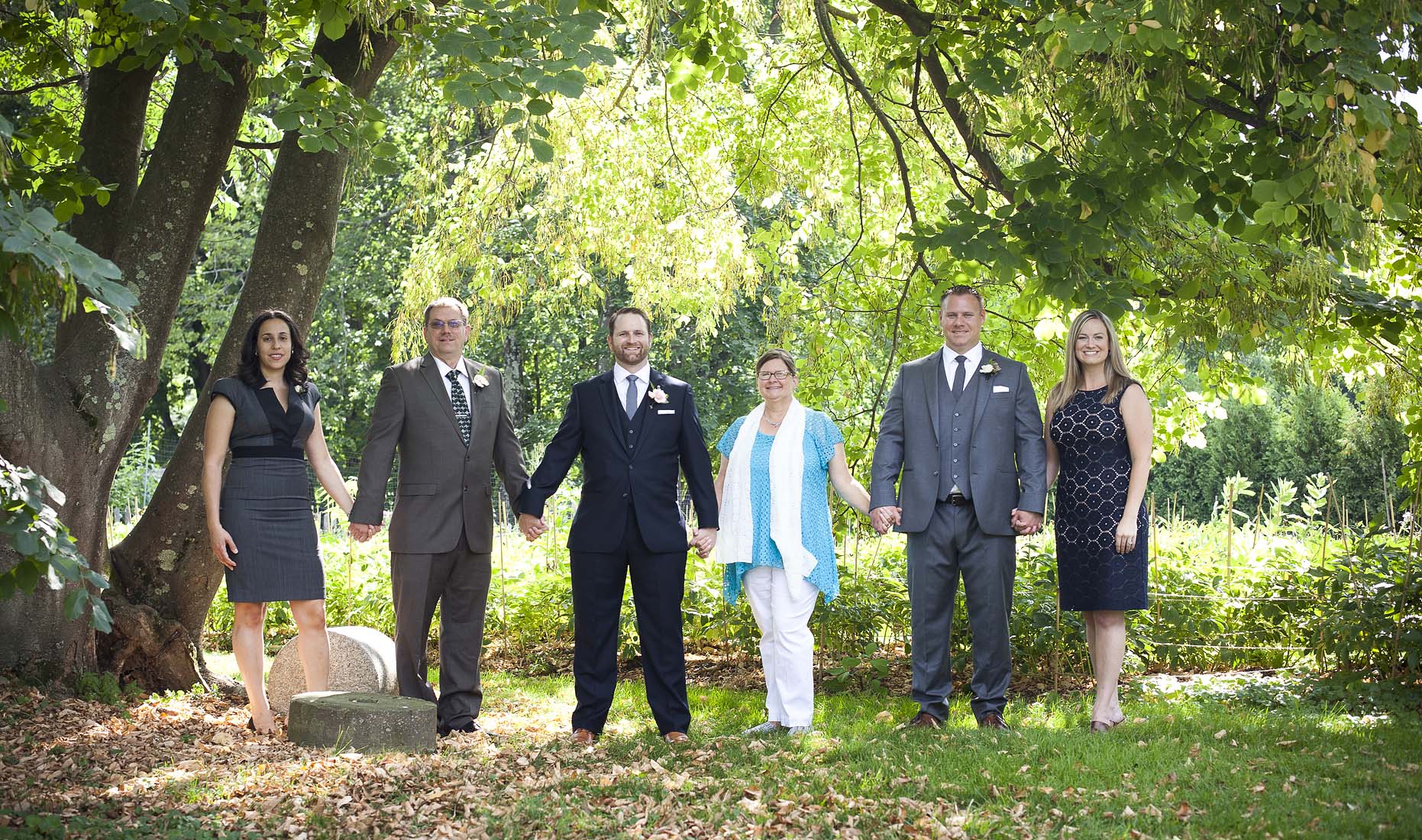
3. It disrespects the craft.
This is the part no one wants to say out loud: not every couple and photographer belong together. And that’s okay.
A professional doesn’t just take the job — they consider whether it’s the right one. That’s not arrogance; that’s respect for both the client and the craft. If someone reaches out wanting a highly stylized, surreal editorial look, but my style is natural, emotional, and documentary-driven — it’s my responsibility to say so. The same goes if a client wants heavy retouching or thousands of posed photos. I’m not the right fit and forcing it would do both of us a disservice.
That honesty is rare. But it’s what separates a craftsman from a contractor.
When a wedding photographer turns down a job, it’s not rejection. It’s alignment. It’s saying: your story deserves someone who sees it the way you want it seen.
Some of those questions from the list assumes every photographer can do every style or every setting. But styles differ, gear differs, instincts differ. A professional who cares about their work should feel empowered to decline gigs that don’t match their style or standards.
4. It can overload couples.
For many couples, a long questionnaire is intimidating. They want clarity, not interrogation. If you start the relationship with “I have to defend everything,” that adds anxiety to a day that’s already heavy.
So, Should You Still Ask Questions? Of course. Communication matters. Ask about logistics, pricing, backup plans — all of it. But don’t stop there. Ask deeper questions. Ask what inspires them. Ask what they notice first when they walk into a room. Ask what kind of weddings move them most.
Then let them ask you back. Because the best photos — the timeless, candid ones that feel like you — come from mutual understanding. Not a checklist.
5. How Couples Benefit When the Photographer Chooses Too
Here’s what happens when both sides get to choose:
-
The couple feels seen instead of sold to
-
The photographer feels trusted instead of tested
-
The photos carry more honesty, depth, and care
Everyone wins.
That’s how I approach my clients. My goal isn’t to collect coins — it’s to tell stories with meaning.
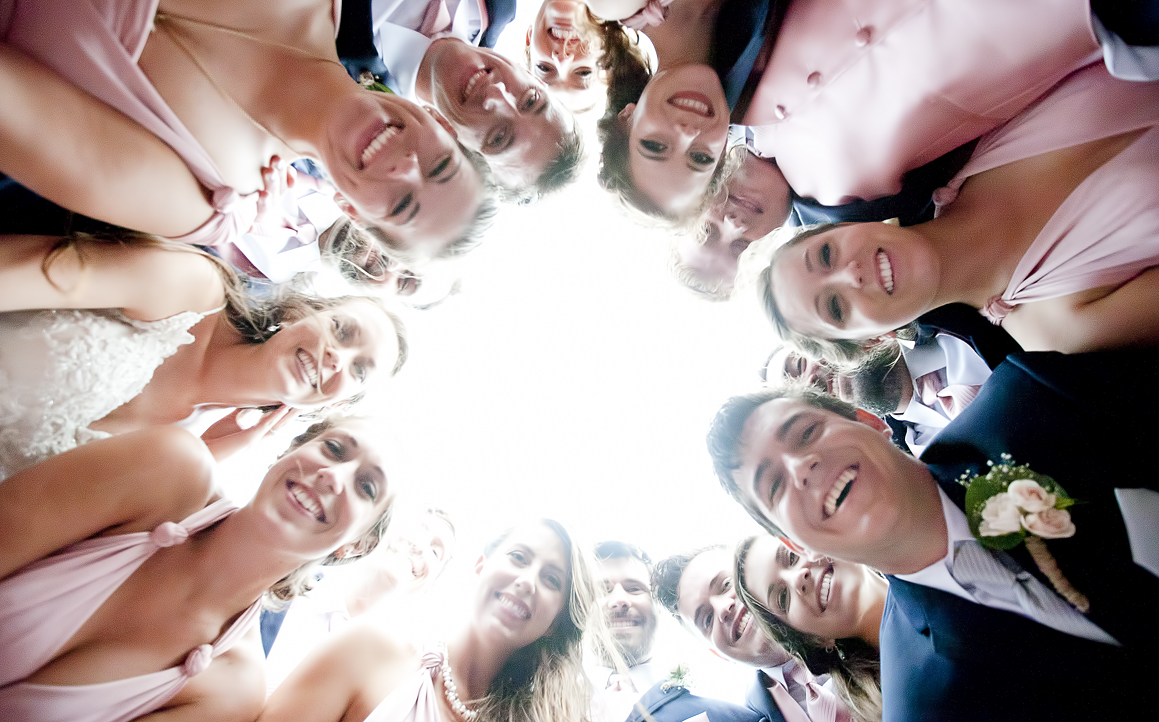
OBX wedding photography from Kitty Hawk, Nags Head, Corolla and Buxton area
Final Thought: Respect Goes Both Ways
Professionalism isn’t about saying “yes” to everything. It’s about clarity, honesty, and mutual respect. A true professional knows their limits, honors their instincts, and treats every client’s story like it matters.
And sometimes, that means saying — kindly, confidently — I may not be the right photographer for your event. That’s not rejection. That’s professionalism. That’s how all great work begins.
To Learn More → Click to Contact a professional wedding photographer
Upstate NY (914) 440-3804 | Outer Banks NC (252) 770-7174
Happiness cannot be traveled to, owned, earned, or worn. It is the spiritual
